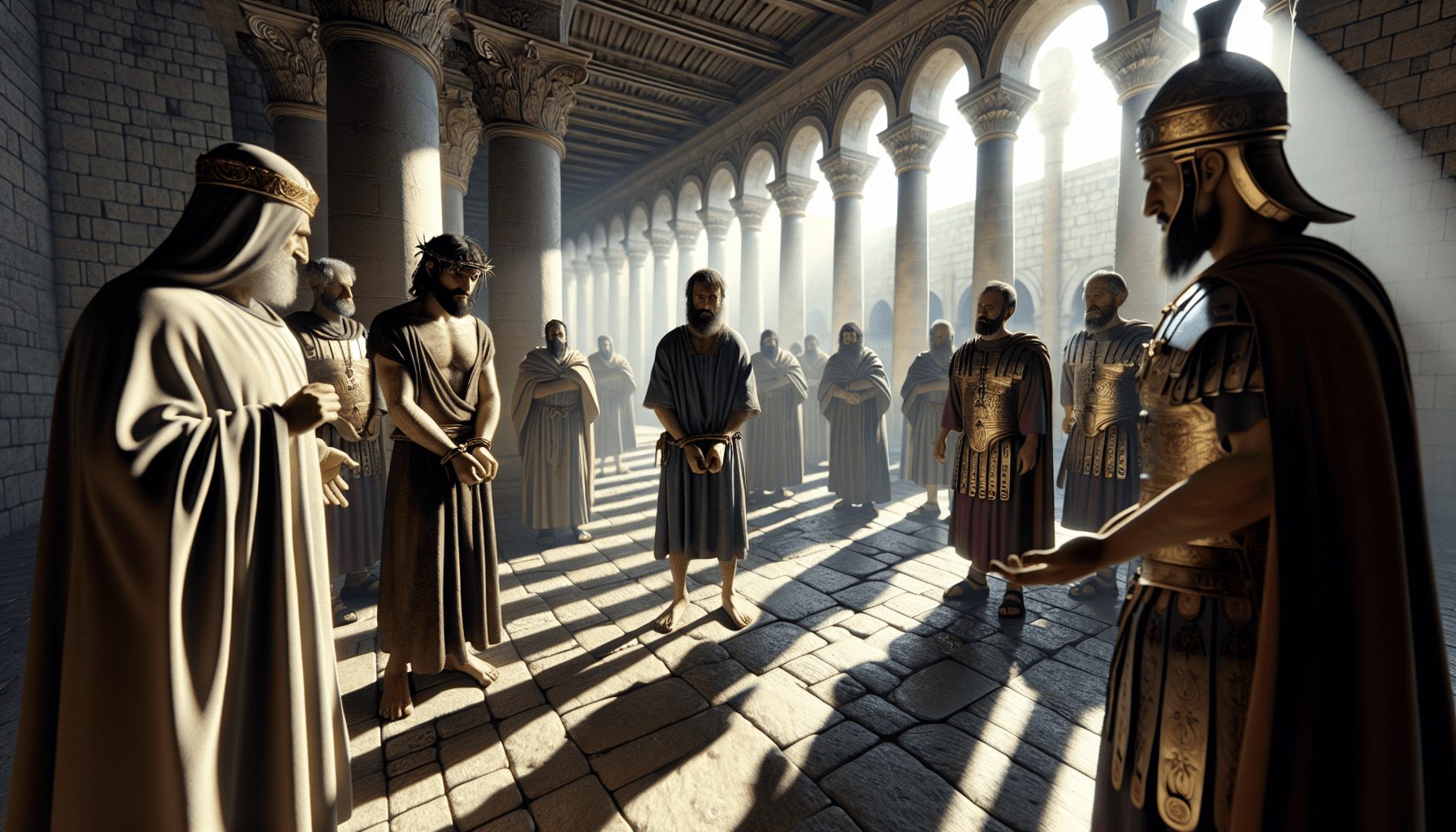The days of King David were drawing to a close as old age overcame him. Feeble and frail, he called out to his son Solomon. “I am going the way of the earth,” he murmured, reminding Solomon of the inevitable path all mortal beings must tread. He gave a final charge to Solomon. He told him to be strong, to show himself a man, and to uphold the laws of God, according to what was written in the Law of Moses. He urged Solomon to be devoted to the Lord, the way he himself had been, promising that if Solomon did, then there would always be a man on the throne of Israel, securing Solomon’s own longevity of rule.
He also revealed Joab’s transgressions against him – how Joab killed Abner and Amasa, spilling innocent blood in the name of war, staining his own girdle and shoes with their blood. David charged Solomon to deal with Joab wisely, not letting him go to his grave peacefully.
But in contrast, the sons of Barzillai the Gileadite, who had shown kindness to David during his struggles with Absalom, ought to be treated favorably. David also relayed his encounter with Shimei, the Benjamite who had cursed him greatly, but whom he had sworn not to harm. He asked Solomon not to hold Shimei guiltless and apply his discernment towards him.
Having emptied his heart to Solomon, David breathed his last, ending a reign of forty years over Israel, and was buried in the city of his namesake. Solomon duly took his father’s place on the throne, his kingdom firmly established.
Shortly after, Adonijah, Solomon’s older brother who had initially claimed the throne for himself before Solomon’s ascension, approached Solomon. He desired to marry Abishag, the Shunammite maiden who was once a companion of David. Solomon perceived this as an attempt to usurp the throne, triggering Adonijah’s death by the hands of the faithful Benaiah.
Abiathar, the priest associated with Adonijah, was not fatally punished but was dismissed from his priestly duties and sent to his own fields in Anathoth. Joab, upon hearing these happenings, fled to the Tent of Jehovah and grabbed the altar’s horns, claiming sanctuary. Solomon, however, ordered Benaiah to end Joab’s life, which Benaiah dutifully carried out.
Solomon installed Benaiah as the new general of his army. He also gave Zadok, another priest, the promotion of being the high priest in place of Abiathar.
Shimei was dealt with last. Solomon allowed him a house in Jerusalem, with the condition that he never left the city. For if he did, Solomon promised, Shimei would meet death. For three years, Shimei complied, living quietly in Jerusalem. However, when two of Shimei’s servants fled to the city of Gath, Shimei left Jerusalem to retrieve them.
Solomon was informed of this disobedience, and summoned Shimei. He condemned him for breaking the vow originally made, reminding him of the curse he had once laid on David. Solomon ordered Benaiah to execute him, who did so immediately.
With all these matters attended to, Solomon’s reign resided on a stable foundation. His wisdom, coupled with his obedience to God’s commandments, ensured the continuation of his father’s dynasty, and made him a direct fulfillment of his father David’s dying promise, ‘a man would always sit on the throne of Israel’.




